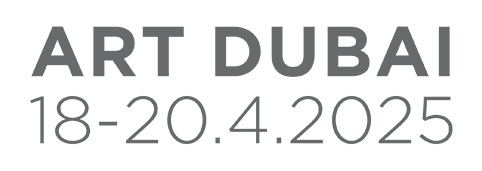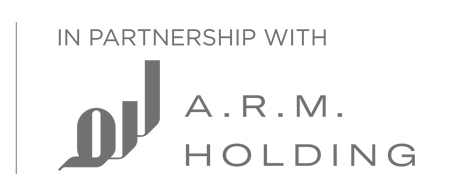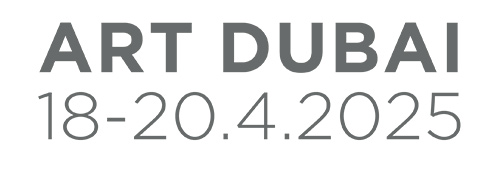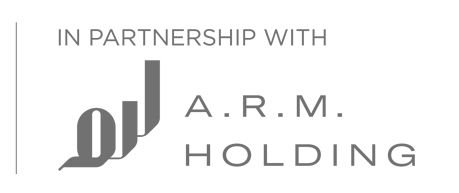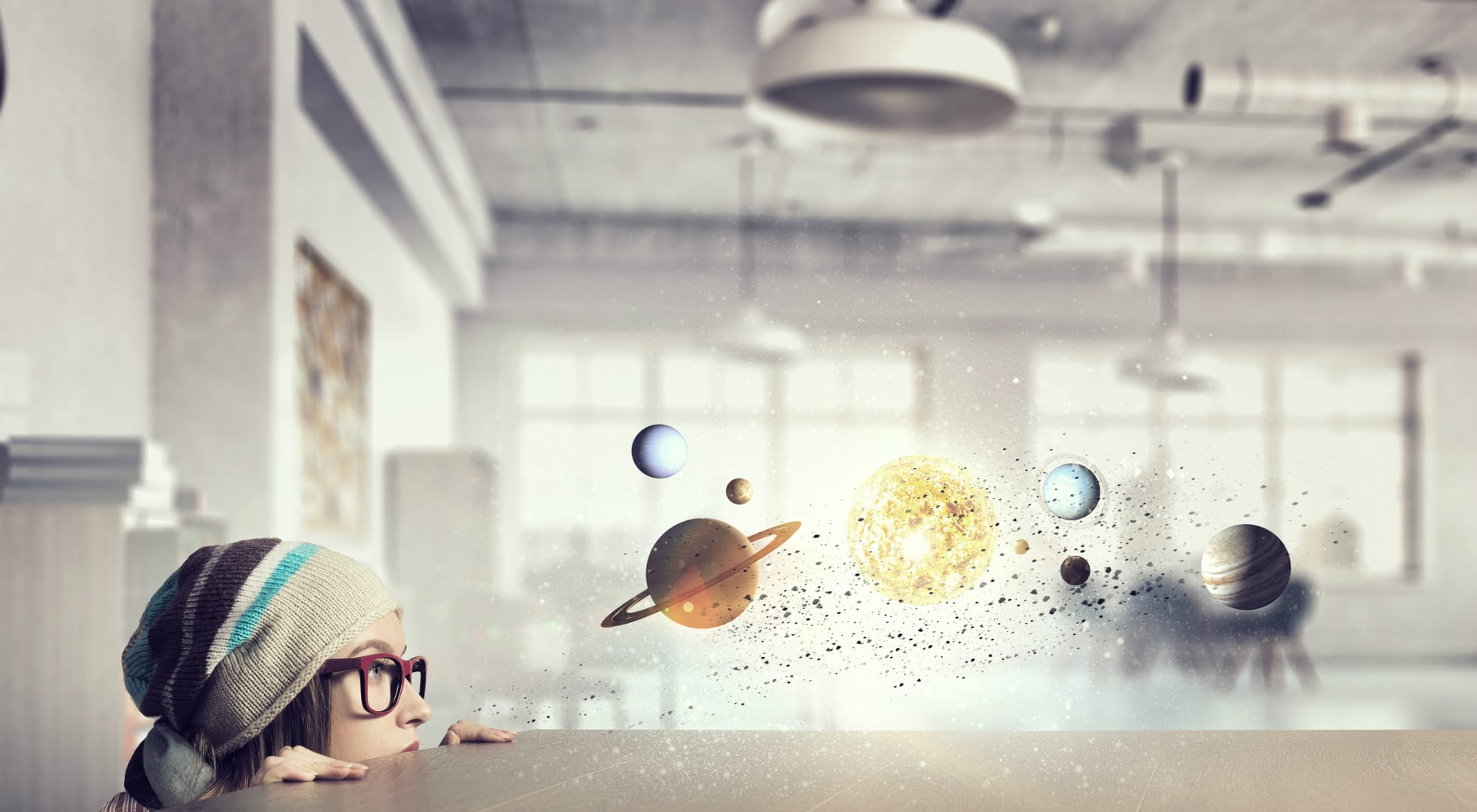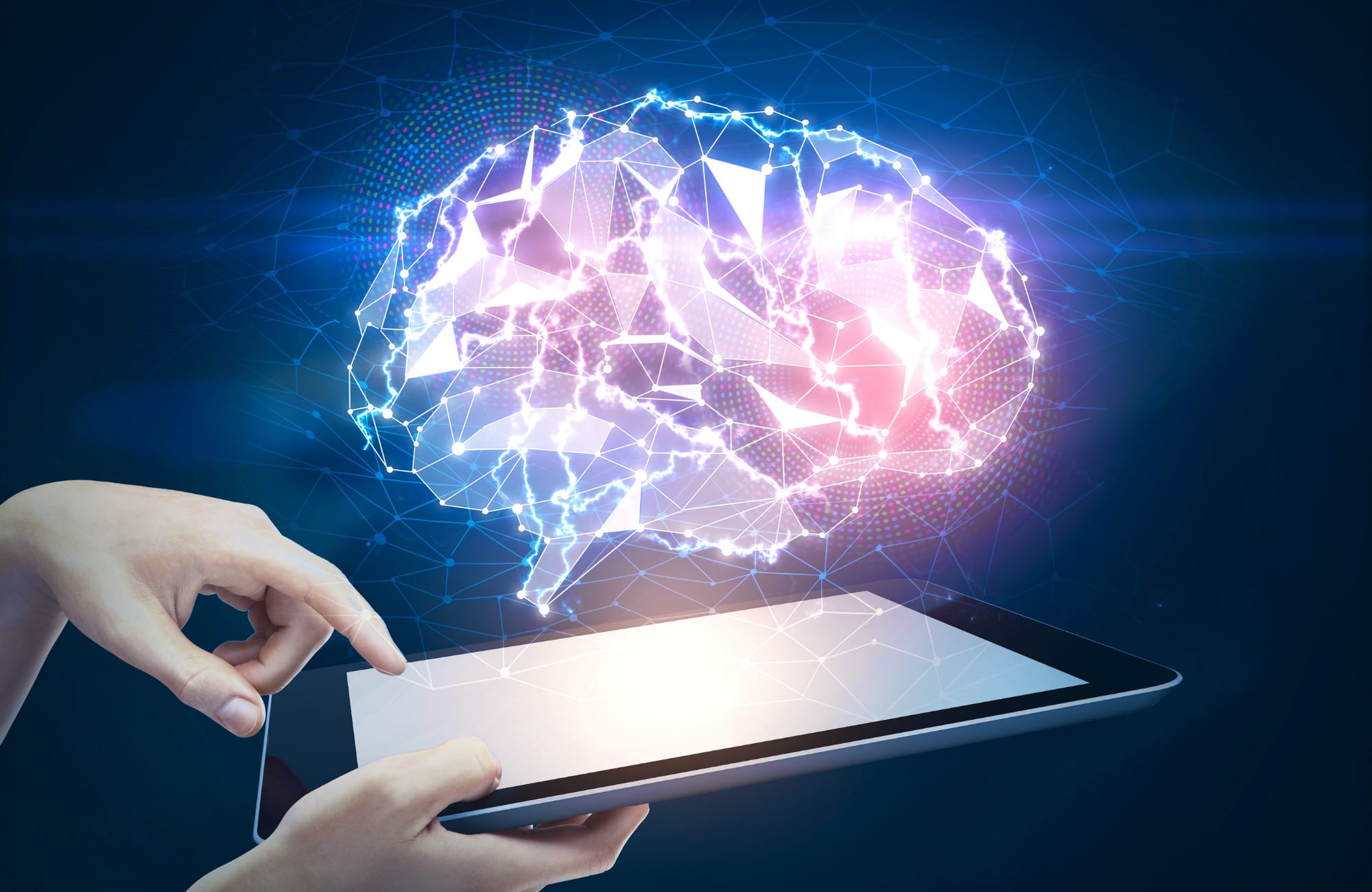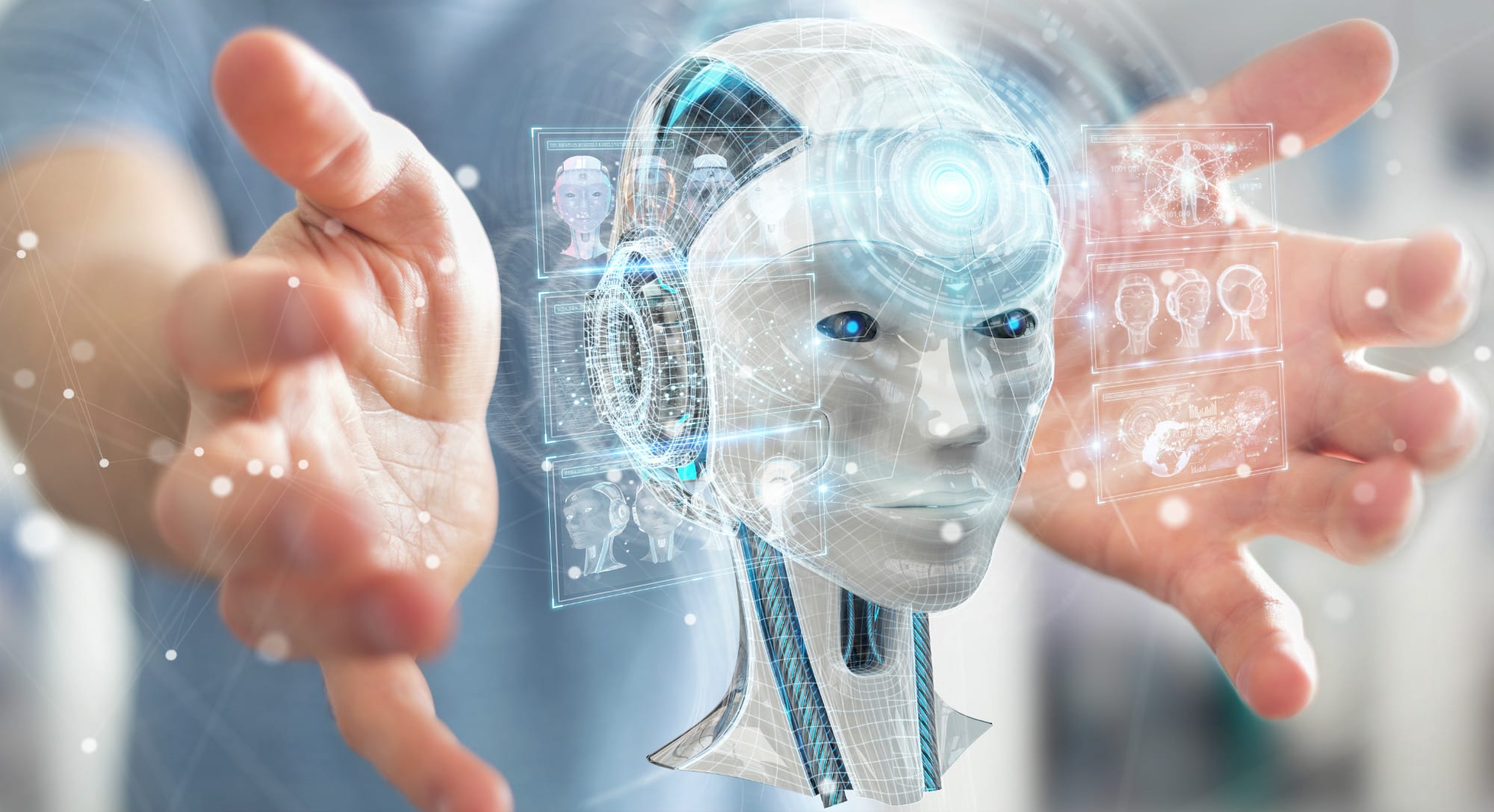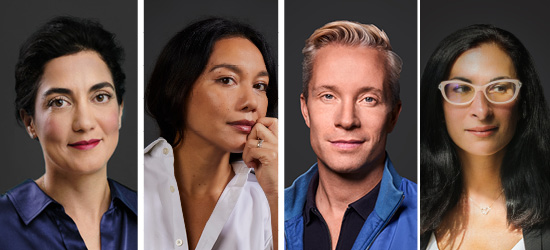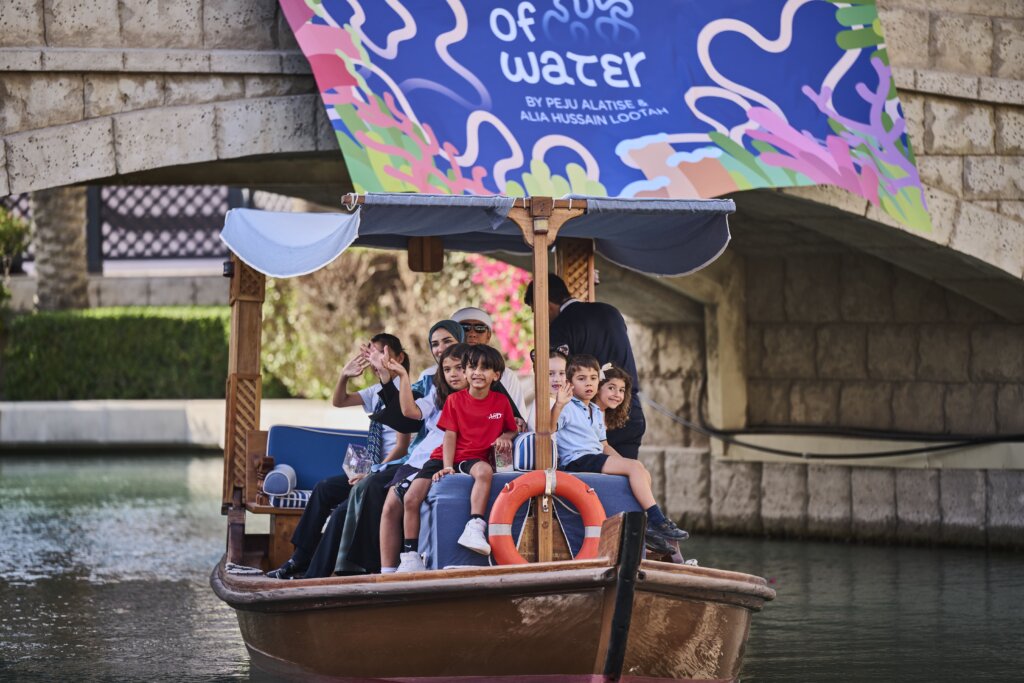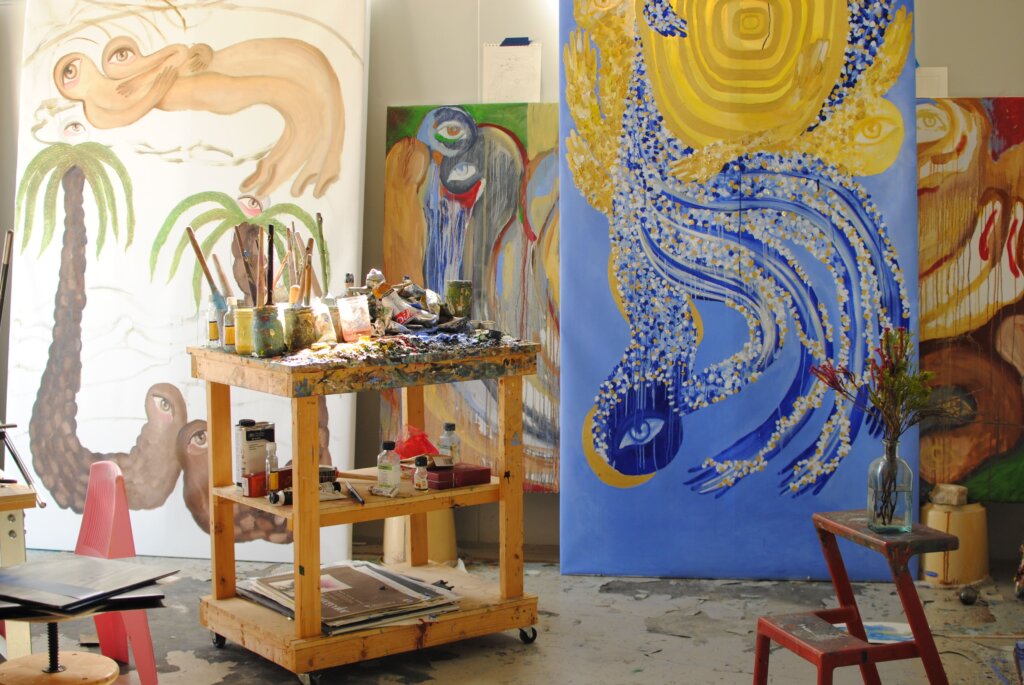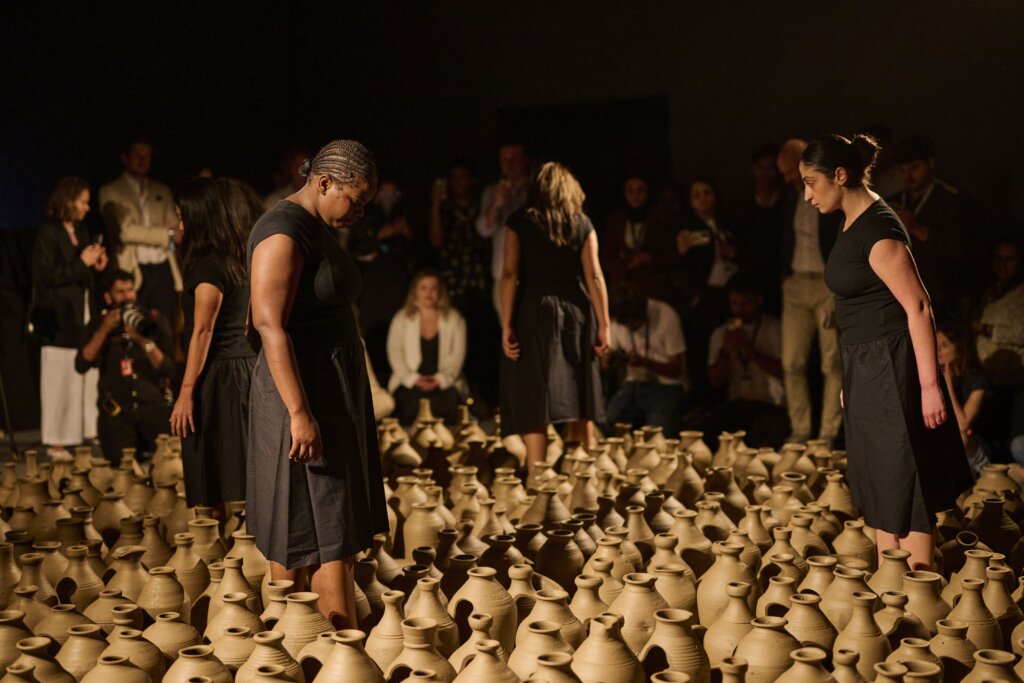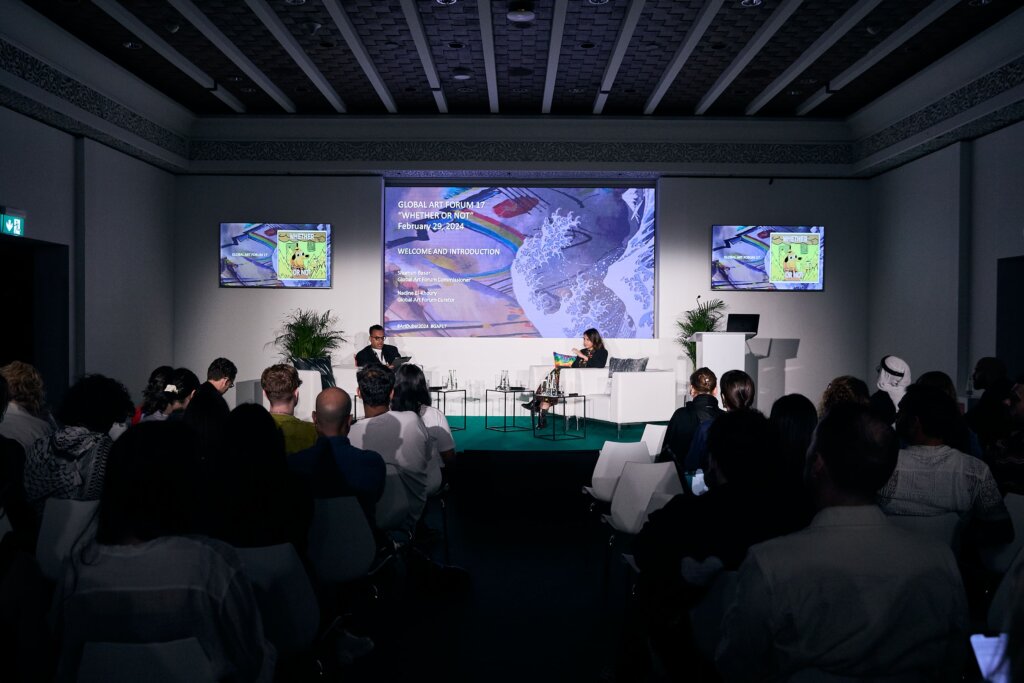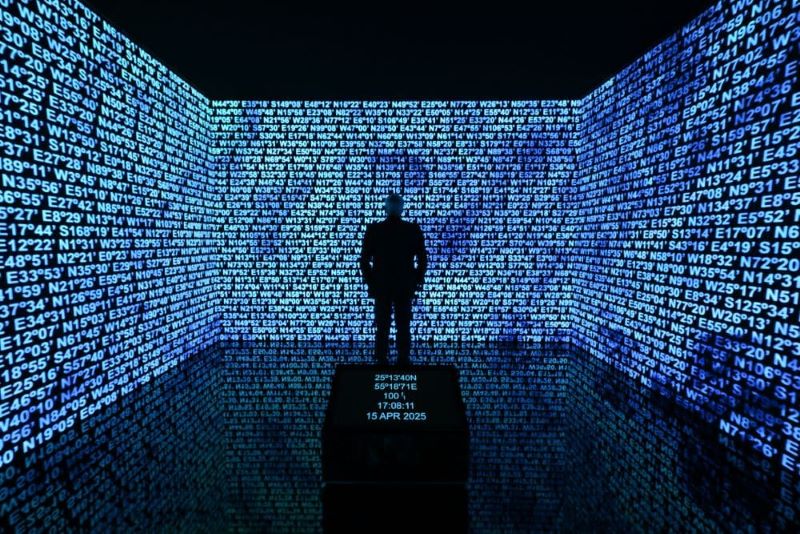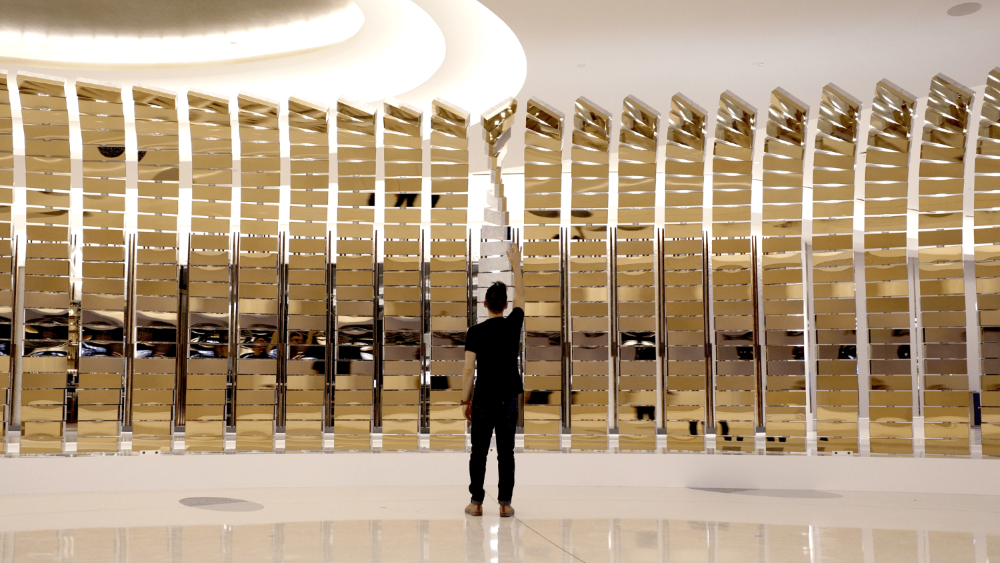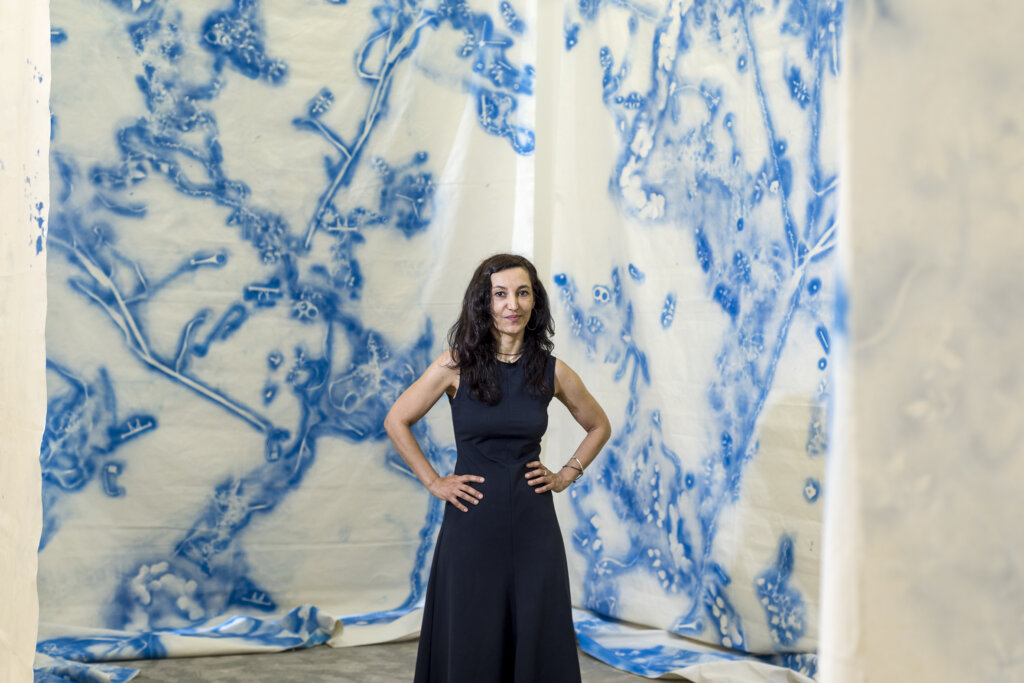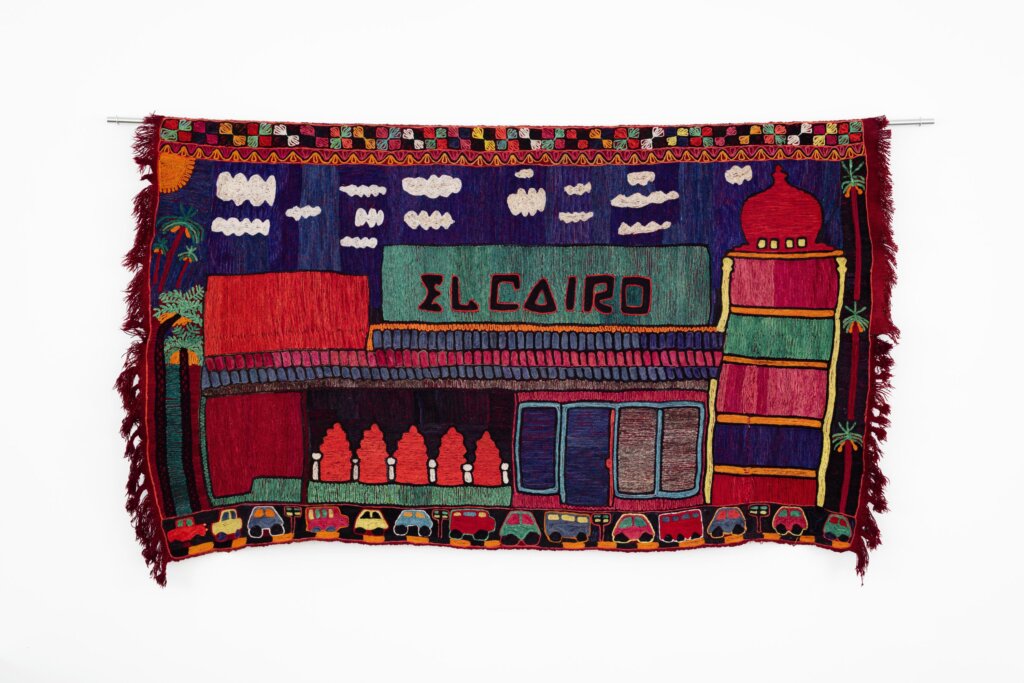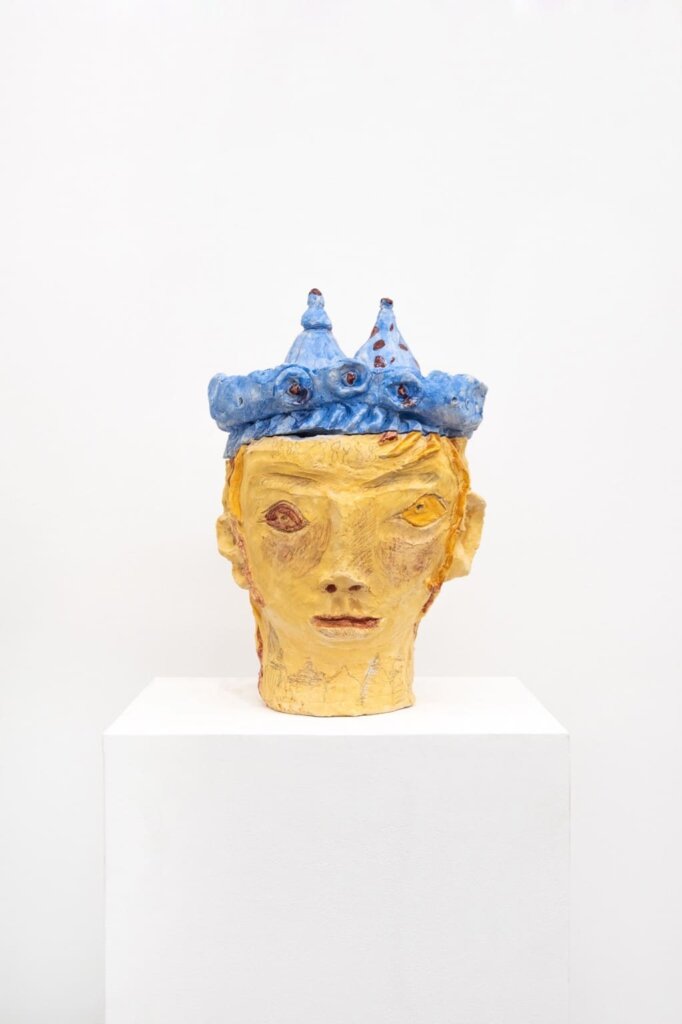Describe your ideal school environment.
In his book, “The World Needs a New Curriculum”, renowned educationist, Marc Prensky says, “We educate our kids so they can better their, and our, world. Our children can be, and should be, improving their world—and improving themselves in the process—via a new approach that far better suits them and the needs of our future society. From the very start of their education, we should be fusing ‘thinking skills’ and ‘accomplishing skills’ into an education with a direct, hands-on connection to the world and its problems.”
When we talk about education needing a revolution – this is the kind of bold vision and dramatic change we need to see: the creation of young people who can see the big picture, solve problems in their community, help bring about positive civilisation-level change, and be a force for good in the world.
My ideal school environment is one that focuses on real-world learning and the creation of upstanding citizens who will solve the problems. Such a school would focus not on grades and exams but rather on
- Developing individuals who are scientifically literate and can think critically.
- Creating individuals who are self-reliant and can survive independently as adults.
- Promoting creativity, kindness, innovation, collaboration
Rohan joins Global Art Forum on Thursday March 21, 6:20-7:00pm, for “Artificial Intelligence, Real Education? A Taxonomy ” a discussion hosted by Victoria Camblin and Fawz Kabra, co-directors of Global Art Forum and with Anna and Chris Batchelder, co-founders of Bon Education and Bon for Work on the issues facing education in the region today and how Artificial Intelligence can impact learning.
Global Art Forum is open to the public (including non-ticket holders) and free to attend. The Forum is supported by the Office of Public and Cultural Diplomacy in the UAE.
